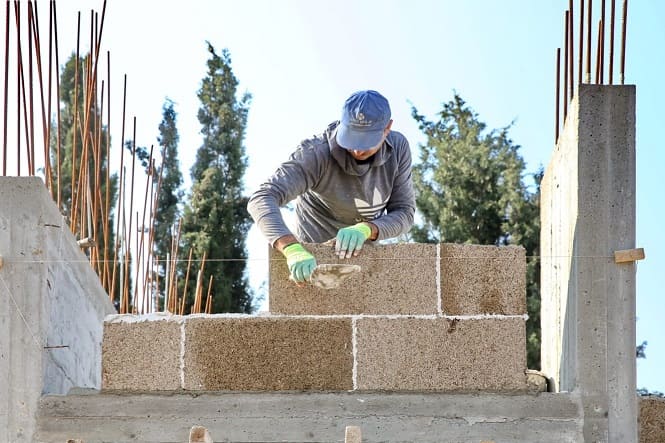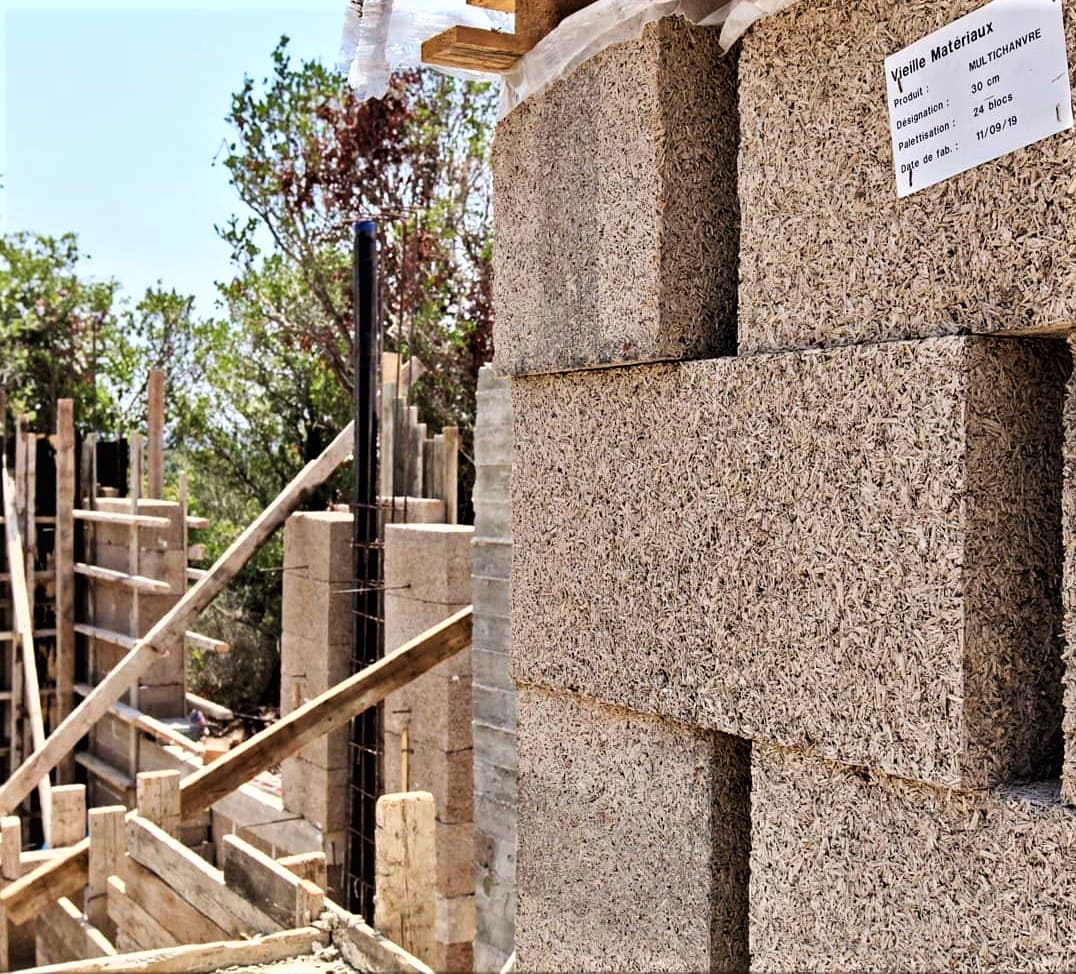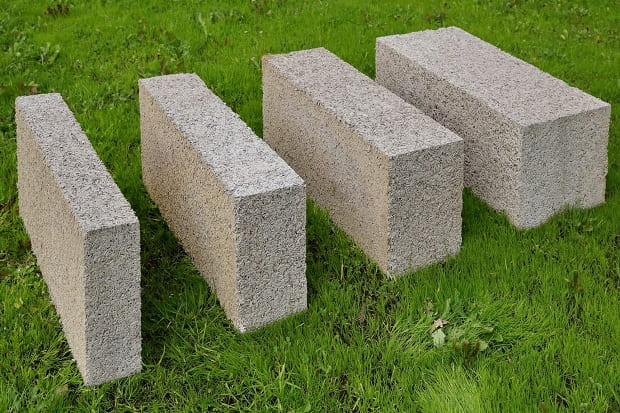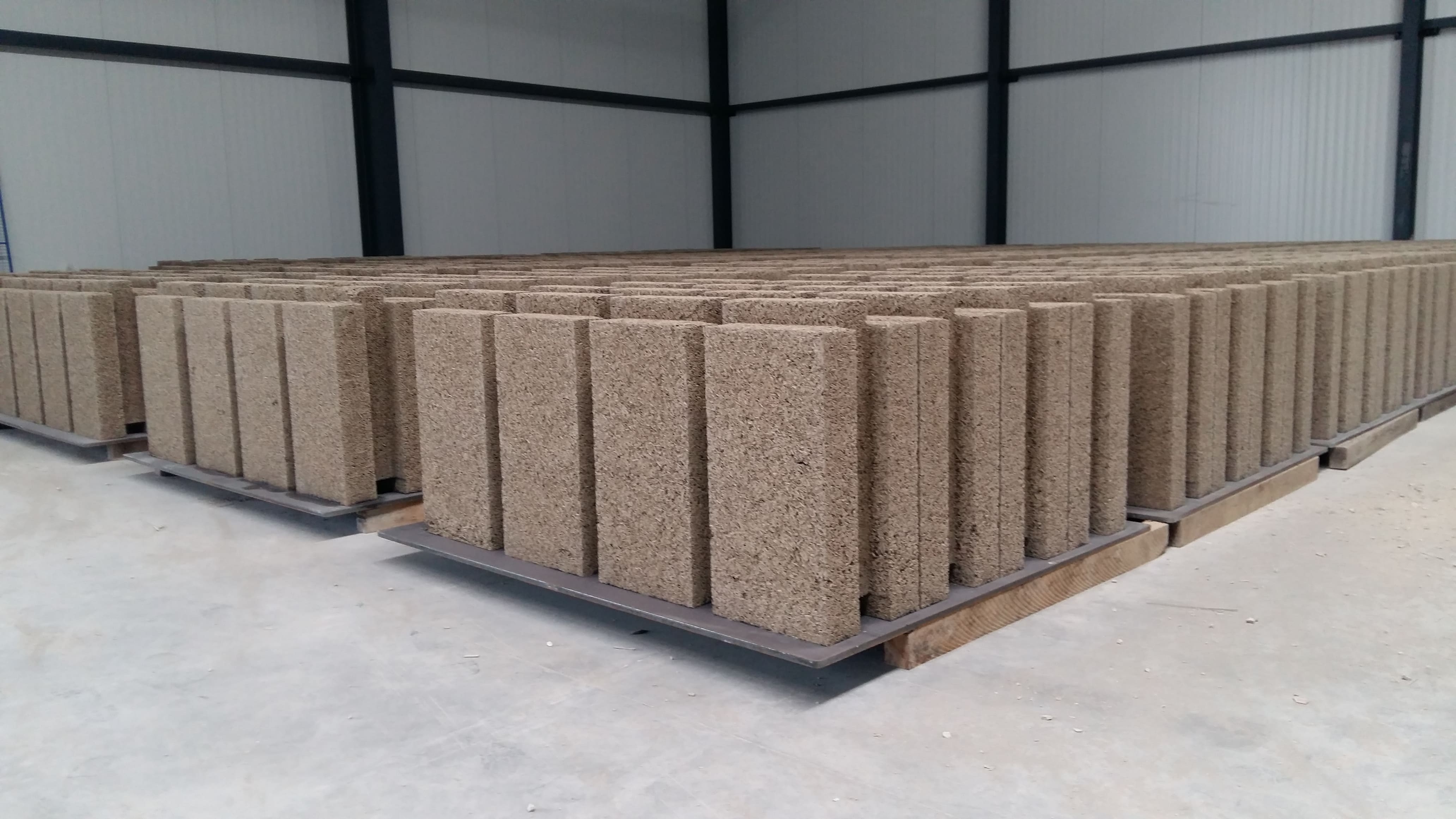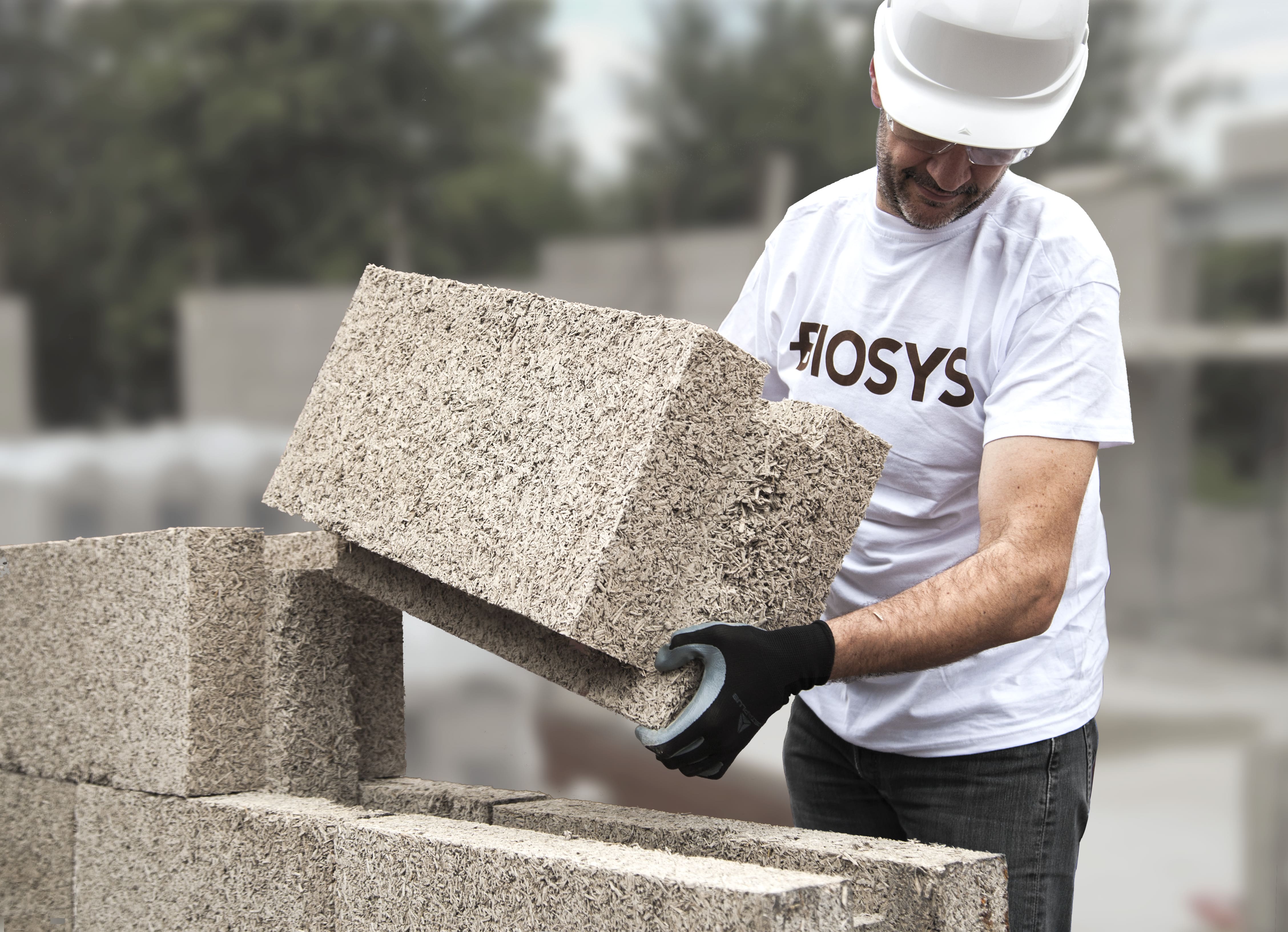
France Biobased Concrete
Revolutionizing construction with hemp-based materials (Biosys® and Multichanvre®) to significantly cut building carbon footprints, align with EU climate goals, and address embodied emissions

Overview
Adopting biobased materials in construction presents a compelling solution to diminish the carbon footprint of the building sector. These materials not only involve fewer pollutant components but also require significantly lower energy inputs during the manufacturing process compared to ordinary solutions. Furthermore, their implementation facilitates the long-term storage of atmospheric CO2. Enhancing the sustainability of buildings is pivotal in achieving the EU's climate change mitigation goals, and the EU's renovation wave is poised to be a central driver in the substantial enhancement of Europe's current building stock. Vieille Matériaux produces hemp concrete blocks — also called "hempcrete" (Biosys®) — and hemp insulation (Multichanvre®) for the building construction sector. These are two hemp concrete blocks with a similar composition (designed by Vicat, and now produced and sold entirely by Vieille Matériaux): (a) Biosys, used for construction (with reinforced concrete reinforcement for load-bearing capacity), and (b) Multichanvre, used for insulation. Using locally supplied hemp and natural quick-setting cement, Vieille Matériaux boosts the thermal, energy consumption, and environmental quality of conventional construction materials. Buildings contribute to 21% of global greenhouse gas emissions (GHGs), primarily from operational and embodied emissions. Embodied emissions, which make up 5-12% of national GHGs in European countries, result from energy-intensive production of common building materials like cement and steel. Biobased materials offer a more sustainable alternative with lower GHG emissions due to their carbon-neutral or carbon-negative composition and less energy-intensive manufacturing. Vieille Matériaux first sold its hempcrete blocks in July 2016. In 2022, it produced 9,296 m² of Biosys® and 9,780 m² of Multichanvre®. During the 5-year crediting period, the project is expected to avoid 900 tonnes of CO2eq and remove 4,391 tonnes of CO2eq. This project was audited and validated by Verifavia (accredited 14065) in November 2023 with the present document and attached files listed in the Appendix. Regulatory additionality: Several regulations relate to or promote biobased construction, but none mandate it. The European Union’s (EU) Energy Performance of Buildings Directive (EPBD) and the Circular Economy Action Plan promote the use of biobased materials. The market prices for competing products show that selling at higher prices is infeasible. That means the production price of Biosys and Multichanvre is far more than the current market and current selling price, where only 0.052 and 0.056 carbon credits will be generated for each m² of hempcrete blocks Biosys and Multichanvre insulation produced respectively. The carbon credits issued for this project are avoidance and removal types, considering the 100-year lifespan of Biosys® and Multichanvre®. The biogenic carbon content is therefore guaranteed to be sequestered for a minimum of 100 years, calculated as the expected service lifetime declared in the product's FDES.
Technology & Mechanisms
Technology
Industrial Energy Efficiency
Mechanism
AVOIDANCEANDREMOVAL
Project Certifications
Offset projects requires all projects on the marketplace to have its methodology, project design, and outcomes verified by an approved third party. For more on our project vetting and onboarding process, review our Trust and Safety Framework.
RIV
Riverse is a carbon credit certification standard for Greentech projects in Europe.
Project Highlights
Creates local educational opportunities
Avoids non-CO2 greenhouse gas emissions
Creates local job opportunities
United Nations Sustainable Development Goals

Decent Work and Economic Growth
Promote sustained, inclusive and sustainable economic growth, full and productive employment and decent work for all

Industry, Innovation and Infrastructure
Build resilient infrastructure, promote inclusive and sustainable industrialization and foster innovation

Responsible Consumption and Production
Ensure sustainable consumption and production patterns
